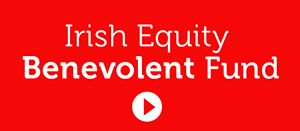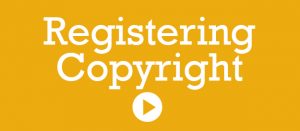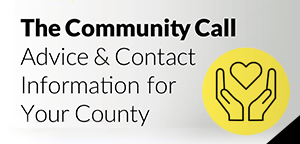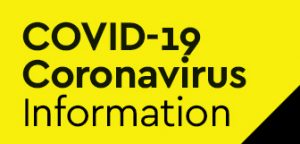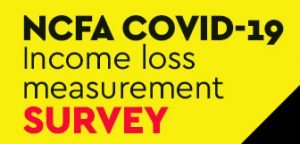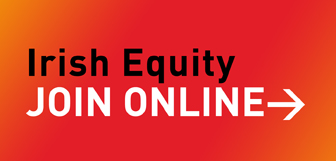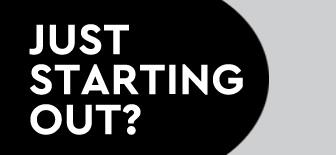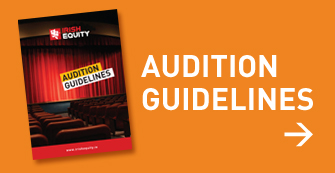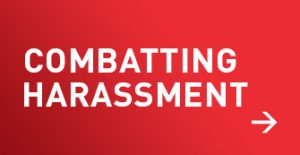For artists and creators, copyright is not primarily about property or possession. It is about freedom, independence, integrity and democracy.
Copyright is about freedom. We must be free to make our own work. In order to have that freedom, society and the State must acknowledge and protect our right to live by our own creative efforts. They must acknowledge and protect our right to be free from exploitation by those who would appropriate those efforts for their own advantage. Those who do not control their own imaginative creations cannot be imaginatively free.
Copyright is about independence. Artists and creators do not wish to be patronised. For millennia, artists could not exist without patrons. Those patrons were inevitably from powerful political and religious elites. The modern world, with its great intellectual and cultural energies, was created in part by the breaking of this dependence on patronage. Artists and writers forged an independent existence within society, beyond the control of those elites. Copyright law was a crucial enabler of that process. To undermine copyright is to push creative activity back into the arms of powerful patronage. New elites, most of them in the digital economy, will replace the State and the Church as patrons and artists will return to the position of dependence from which copyright helped to free them.
Copyright is about integrity. We create because we are driven to strive for absolutely precise effects. We think deeply about each element of what we do and how those parts cohere into a whole. We care passionately about the contexts in which our work have meaning and the ways in which that meaning is communicated to our audiences. This integrity lies at the very heart of the creative process. To allow others to dismember works, to change their contexts, to subvert the process by which they reach their audiences is to assault creativity itself.
Copyright is about democracy. A democracy is an open society in which many voices can be heard, many visions can flourish. For such a society to sustain and renew itself, it must take great care of its creative, intellectual and artistic ecosystem. If this ecosystem is inhabited only by big corporate beasts, it will quickly become a wasteland. By protecting the multiplicity and diversity of creative actors, copyright helps to fertilise the ground from which an open society — one which continually challenges itself with new images and ideas — renews itself.
Instead of beginning with these essential truths, the report of the Copyright Review Committee sets up a false and dangerous premise.
It was instructed to “Examine the present national copyright legislation and identify any areas that are perceived to create barriers to innovation” and to “identify solutions for removing these barriers.” The working assumption is thus that “innovation” belongs to those who wish to undermine current copyright protections and that those who are currently protected are mere “barriers” to creativity. This is an absurdity: artistic creativity has been at the leading edge of innovation in human affairs throughout history.
This absurdity makes a kind of sense only if we define “innovators” in a way that includes giant digital corporations but excludes writers, visual artists, film directors, architects, actors, musicians and composers. It ends up with the self-contradiction that protecting innovators harms innovation.
Fintan O’Toole, The Irish Times

